March 15, 2023
Those Left on the Sidelines
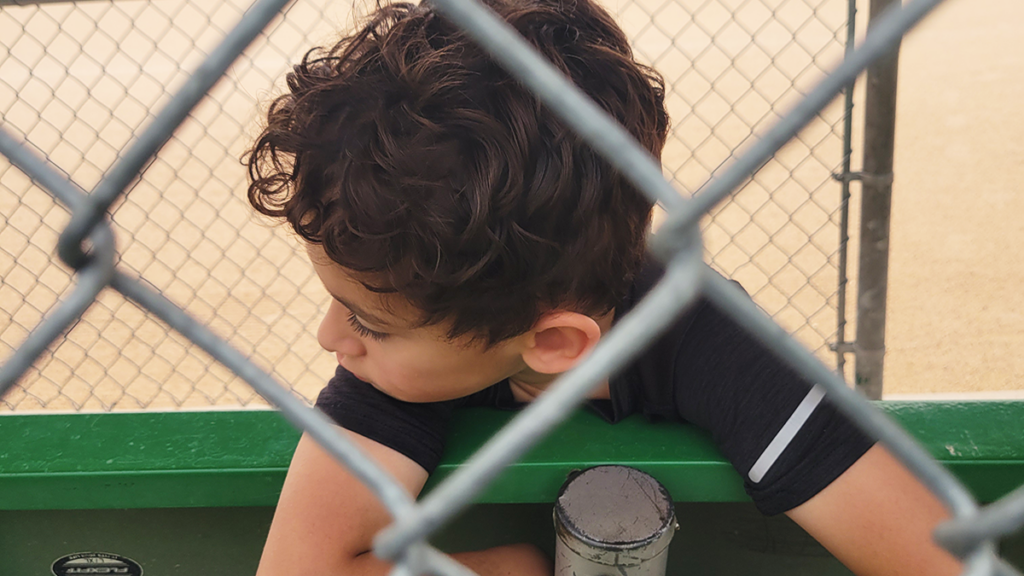
Something that autism has gifted our family is that it has opened our eyes to another world. We get to see the lives of many people affected by disabilities.
When we are at a sporting event, camp, or conference for my son filled with children and adults of all different abilities, I see more love and acceptance than anywhere else.
I love that both my children are surrounded by it. They have seen the beauty in differences from the beginning.
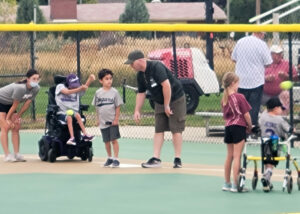
At the same time, I have one foot in the typical world. Where there is also beauty but it’s harder to find.
When I’m in the typical aspect of my life, I feel like I’m running.
I feel like we’re all running in a race that no one is really winning.
While I’m running, I have a hard time looking forward to the finish line. Instead, I’m looking around to see where everyone else is in the race.
It gets me down. I’m running as hard as I can, and I only see those passing me, but I have to run.
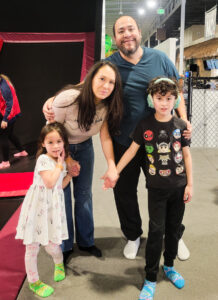
Other times, I feel like I’m just on the sidelines watching other people run.
Sometimes I’m in the race, and sometimes I’m out.
And when I’m on the sidelines, I meet other people who aren’t in the race. I find companionship in them.
I find others who fall in and out of the race like me, but some who are rarely in.
Often watching the others run by, they have to wait to be visited on the side.
The people who are mostly on the sidelines humble me. They cheer for me. They remind me that winning the race doesn’t really matter.
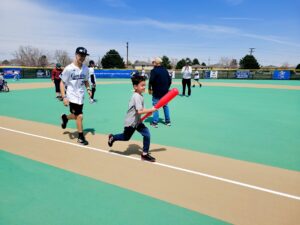
I feel lucky to get to know those people.
They are the ones fighting battles. The ones who have been down and back up over and over. The have felt the greatest pain and fear, but also the greatest love and joy.
Whenever I spend time with them and then get thrown back into running. I can look around and pity the people racing so hard that they forget the reason they even started running.
Alone, sometimes it’s hard, and it hurts to be passed by, but really, I’m lucky I get to see the race for what it is.
Just a bunch of people running by.
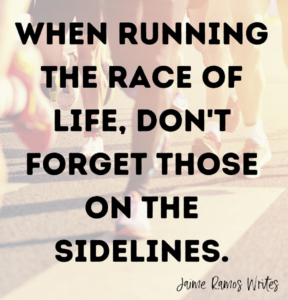

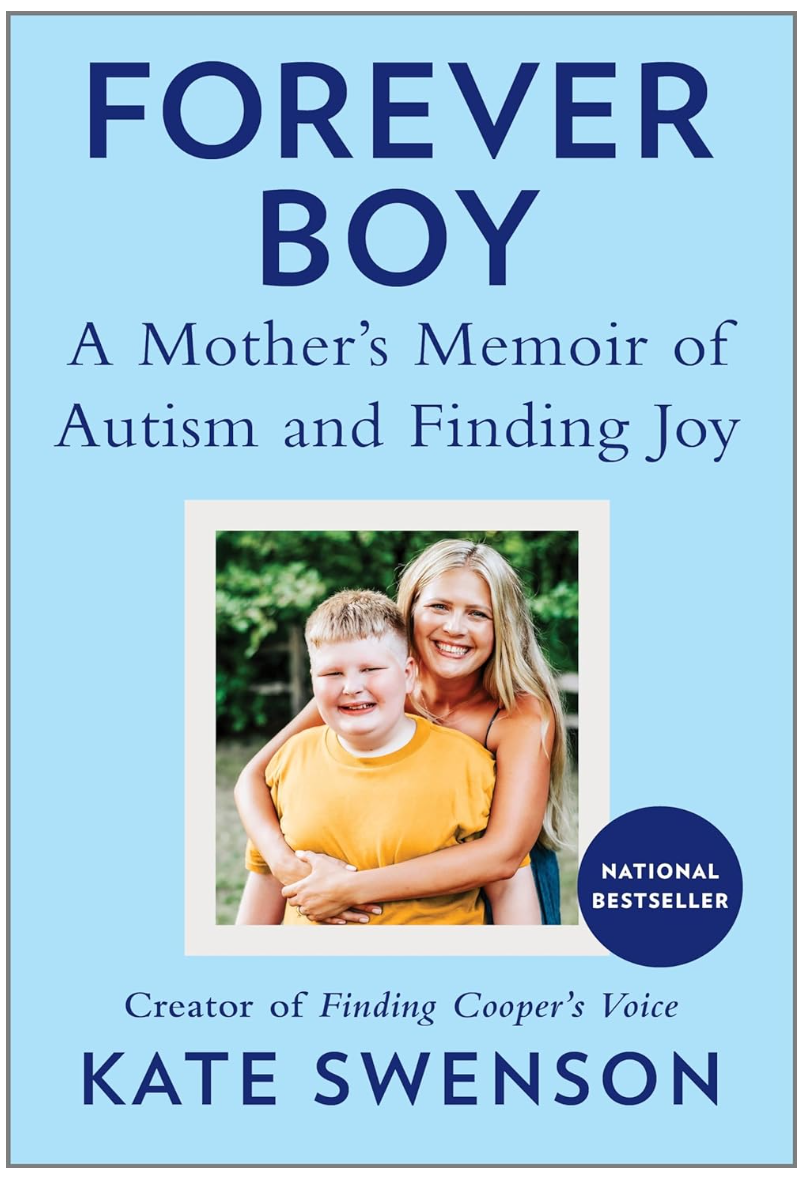
We need far more than research studies. … Our standard educators could/should be properly educated on Autism Spectrum Disorder, especially when it comes to preventing the abuse of autistic students by their neurotypical peers and teachers alike.
There could also be an inclusion in standard high school curriculum of child-development science that would also teach students (without being overly complicated) about the often-debilitating condition. If nothing else, the curriculum would offer students an idea/clue as to whether they themselves are emotionally/mentally compatible with the immense responsibility and strains of regular, non-ASD-child parenthood.
It would explain to students how, among other aspects of the condition, people with ASD (including those with higher functioning autism) are often deemed willfully ‘difficult’ and socially incongruent, when in fact such behavior is really not a choice. And how “camouflaging” or “masking,” terms used to describe ASD people pretending to naturally fit into a socially ‘normal’ environment, causes their already high anxiety and depression levels to further increase.
Of course, this exacerbation is reflected in the disproportionately high rate of suicide among ASD people.
There could also be childrearing/parenting instruction in regards to children born with ASD, with the rate of such births increasing.
As for my own autism-spectrum disordered brain, I’m sometimes told, “But you’re so smart!” To this I immediately agitatedly reply: “But for every ‘gift’ I have, there are a corresponding three or four deficits.” It’s crippling, and on multiple levels!
Low-functioning autism is already readily recognized and treated, but higher-functioning ASD cases are basically left to fend for themselves. … For me, as a moral rule, a happy future should be EVERY child’s fundamental right, especially considering the very troubled world into which they never asked to enter.